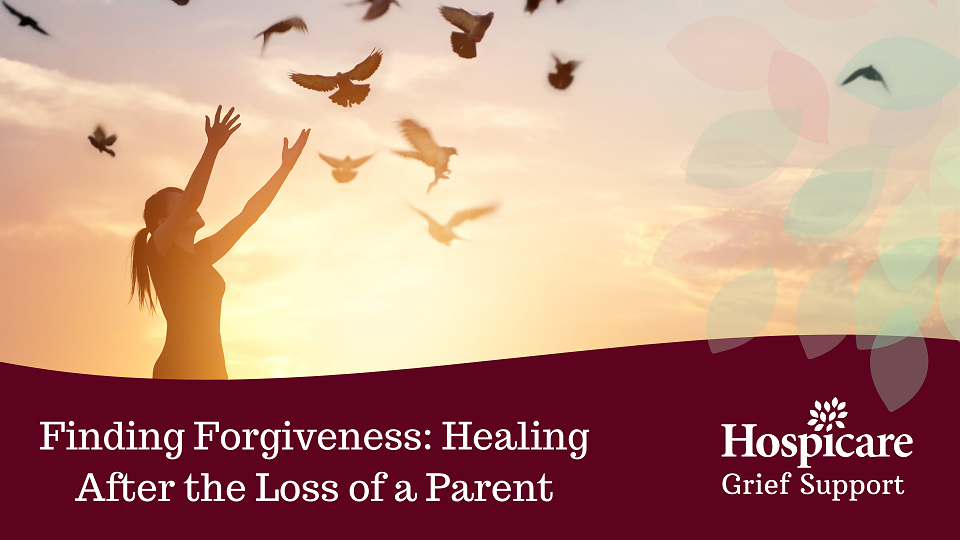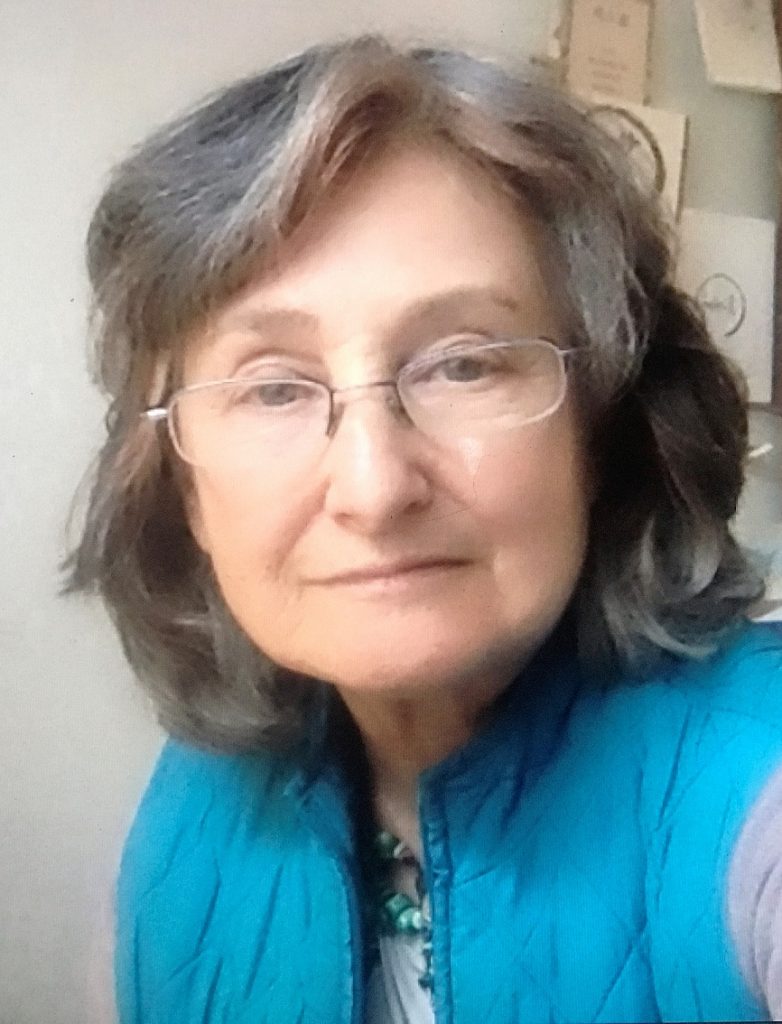by Mara Alper
We are all faced with the question of whether or not to forgive many times in our lives.
Each time it is challenging. Yet there are ways of seeing it that simplify the question. Forgiveness is a choice that allows us to heal on our own, without the offender apologizing or even acknowledging their part. Forgiving in this way is for the benefit of the person who forgives, not for the wrongdoer. It does not mean what the other did was all right.
We can also choose to forgive ourselves; sometimes this can be even harder than forgiving another. In our culture, we often hear the phrase, “Forgive and forget.” But it isn’t about forgetting. It is about regaining the energy tied up in anger and hurt about past stories, and using it for far better purposes.
When we lose a parent, a loved one, faith in someone else or ourselves, we become vulnerable in a way that feels exposed beyond endurance. To protect ourselves, we may harden into anger or explode with blame, as we attempt to restore our sense of safety. Deep hurt may propel us to say or feel, “I can never forgive you” or “I can never forgive myself.”

We may become fixed in that moment of time. We create a story about our grievance and repeat it to others and ourselves. Our outward lives continue, but our anger and hurt tie us to that point of pain and it lives on, consuming our life energy in ways we barely realize, until one day if we’re lucky, we may wake up and say — enough, this exhausts me.
I came to this place several times in my life. The first time, I faced difficult childhood recollections and over time began to understand the value of forgiveness. Each time after that allowed me to experience how forgiving helped me in ways I did not imagine possible. The turning point each time was the realization that my anger and hurt kept me completely connected to the one I was angry at, that I could not move on while I was caught in these feelings. I inadvertently learned about forgiveness because of my life circumstances and unwillingness to let the past deflate my life energy any longer.
I choose to tell my stories publicly so that others will have the courage to tell theirs. Stories can heal us. My healing process included making documentaries about my journey. These stories were heard by thousands of people around the world and helped them heal.
We tell ourselves repetitive stories about how things were and stay locked in these tales. Yet, shifting the story to consider other possibilities, new ways to see the situation, has positive effects in a short time. Our eyes are opened, our hearts softened. We can move on from a place of depletion toward renewed energy.
When I work with people about forgiveness, I ask them to write down their story the way they tell it to others. We tend to develop a few set sentences or paragraphs that tell our tale. In the workshops, we write our usual story, and then distill it into a few brief sentences and say them aloud to someone else. They listen carefully and repeat it back to us as they heard it and felt it. We hear it in a new way. A shift begins.
Hearing our own story in a neutral way, hearing the compassion someone else feels for our story, softens us toward our self. We feel tenderness for ourselves as if the story were someone else’s. From this tender place, we begin a meditation on forgiving ourselves. In gradual steps, we bring light into our darkened places. By the end of the workshops, a shift toward hope is possible. It happens when we learn to retell our own story with acceptance of our own and each other’s humanity. Forgiveness opens a door.
We can choose to forgive not because we ought to, but because it helps us heal.
Forgiveness is a choice that allows us to heal from past hurts that diminish our lives and effect our health and well-being.
The focus of the two-part workshop “Finding Forgiveness: Healing After the Loss of a Parent” is to help adult children experience forgiveness as an on-going process, even after death. Learning to forgive our parents and ourselves opens positive possibilities.
During the workshop, you will experience a forgiveness process through a blend of meditation, discussion, journaling, brief exercises and gentle movement to guide you toward a softened heart and healing. This workshop is for anyone who has been hurt, but has not yet healed.
Learning to forgive our parents and ourselves opens positive possibilities. Thursday, May 13 & 20, 7:00-8:30pm.
MARA ALPER is a teacher, media artist and writer. Her documentaries Stories No One Wants To Hear (1993) and Forgiveness: A Healing Documentary (2006) have reached world-wide audiences about healing past pain. She inadvertently learned about forgiveness because of her life circumstances and her unwillingness to let the past deflate her life energy any longer. Her award-winning documentaries and video art have screened nationally and internationally. www.MaraAlper.com
